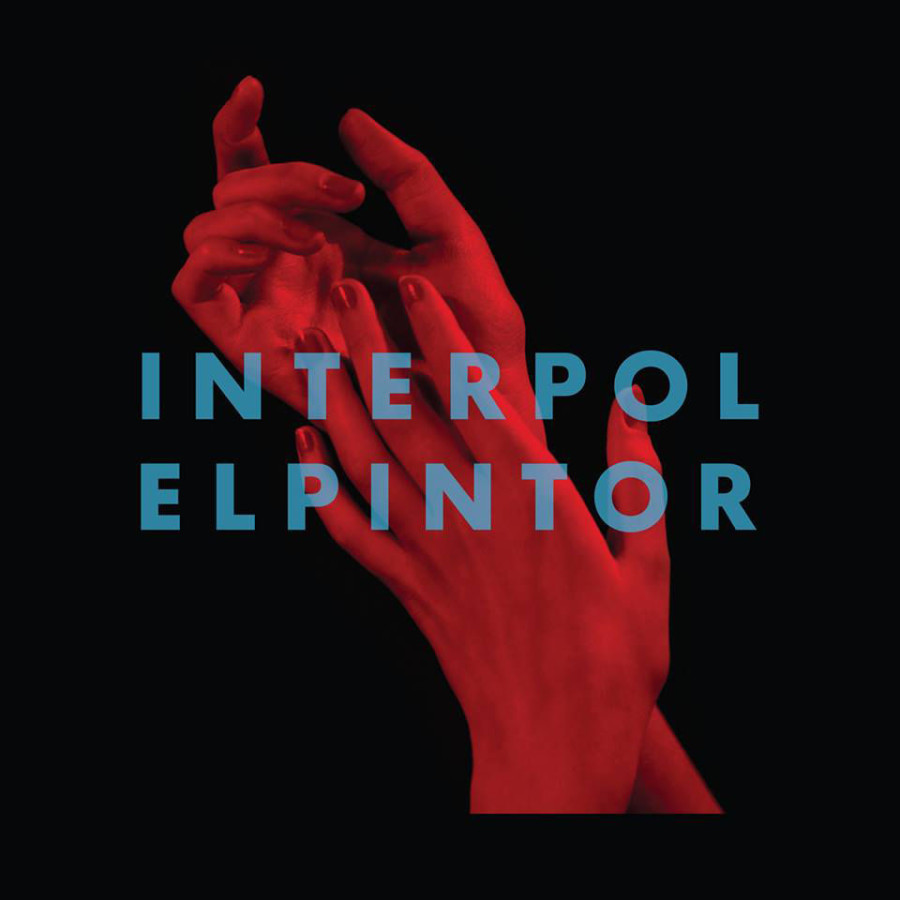Interpol’s latest an uneven, bland release
September 17, 2014
Interpol
El Pintor
Grade: C+
“El pintor” translates from Spanish to English as “the painter.” Interpol takes this title literally by brushing only a few broad strokes of sound across the record’s 40 minutes.
Interpol starts its fifth studio album off with a phenomenally charged start. “All the Rage Back Home” embellishes enough positivity and subsumes enough poppy jives that it sounds like something from the radio. Unfortunately, that’s where Interpol slacks off and the fun ends.
Formed in 1997, Interpol sailed on the wave crested by post-punk, alt-rock bands such as Joy Division, The Strokes and Sonic Youth. They have a methodic, contemplative approach to music, punctuated frequently by guitar arpeggios and basic drum fills.
Despite overt fine-tuning, Interpol can be nominally dependable on a certain degree of catchy melancholia. This time, they’ve dipped a bit too far in the jar of melancholia and have managed to smear it all over the painting, obscuring all of the finer details. It’s a little too blasé and manufactured, and it lacks the subdued grit of earlier albums, such as Turn on the Bright Lights.
“My Desire,” “Anywhere” and “Same Town, New Story” might as well be one long track because of their uninspired riffs and writing. To an unpracticed ear, there’s scant variance, as the song forms, lyrics, tones and chords barely change from one song to the next. There’s a sense of numbing strums and vague melody carried on by the guitars, but, for the most part, it’s a solid wall of monotonous sound lacking emotion.
El Pintor picks back up again on “Everything Is Wrong,” which alludes to a sense of despair and inner turmoil typical of the genre, and it couples these emotions with some faintly atmospheric work and suffocatingly sweet riffs.
For as satisfying as “All the Rage Back Home” and “Everything is Wrong” are, they’re met and disassembled quickly by the penultimate track, “Tidal Wave.” True to its namesake, the song mimics and mechanically rocks like the ocean. The phrase “a tidal wave,” repeats 12 times in less than a minute as the music fades slowly into the finale, “Twice as Hard,” which fails to get any more interesting by rehashing the same riffs, tones and structures found on eight of the preceding tracks.
A majority of the album’s middle and end disintegrate into fairly indistinguishable noise. It’s to be expected of the territory: Punk and, by virtue, post-punk, consist of only a couple of instruments and a couple of chords. Similarly, Ian Curtis of Joy Division possessed a characteristically deadpan singing voice, one that Interpol’s vocalist, Paul Banks, emulates with some added silkiness.
Interpol — although largely understated throughout its entire discography — shines a couple of spotlights on stand-out tracks, but the rest of the album is washed out with moodiness and blandness. It’s like a standard landscape painting, but the smudges on El Pintor are evident.








